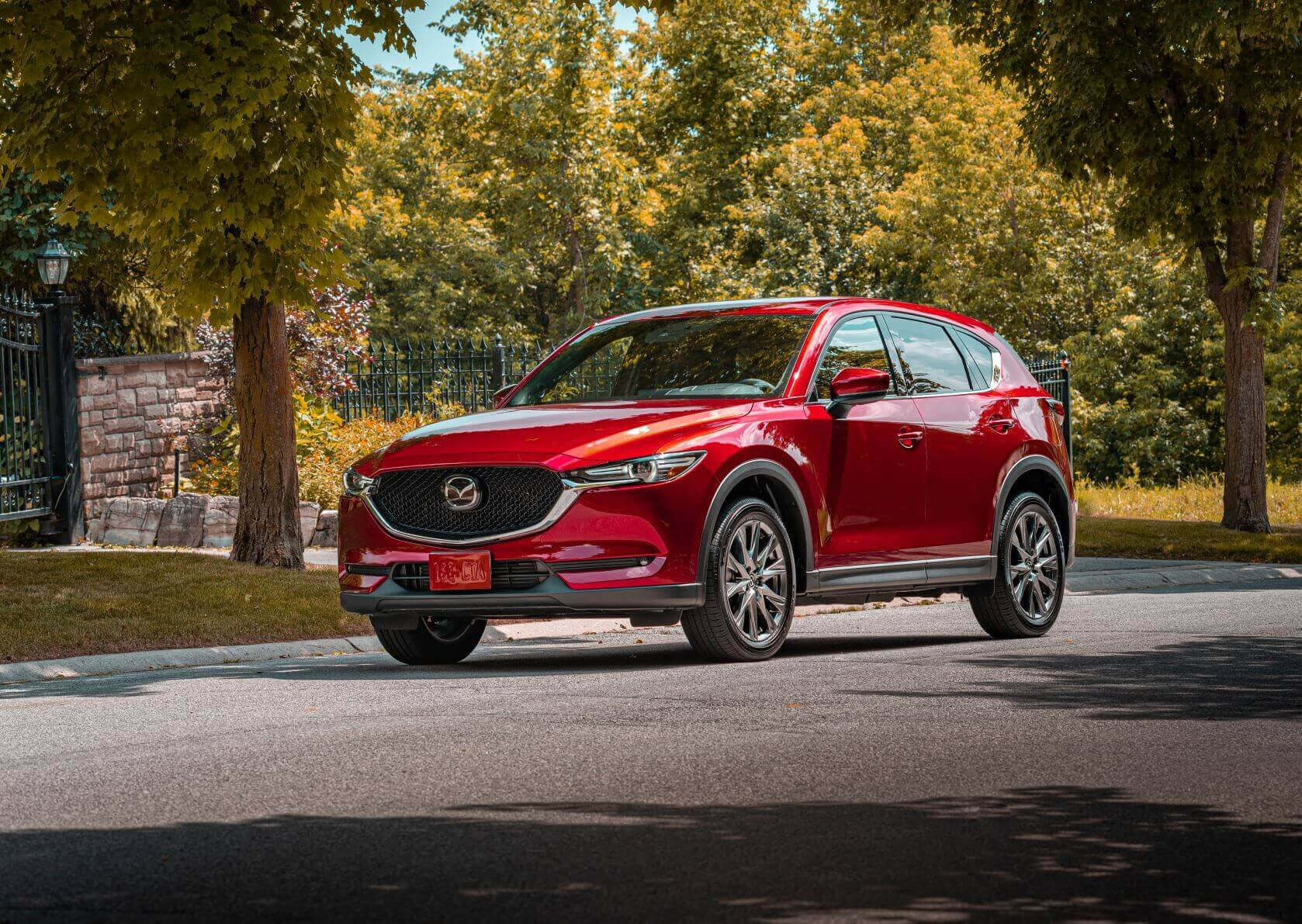Shopping for tires for the upcoming summer season? You’ve probably started looking at the different models on the market, and you may be wondering about the difference between a summer tire and an all-season tire, also known as a four-season tire.
Can both types of tires be used in the summer? Yes, they can. Are they equivalent? Not at all. Blackcircles Canada explains the basic differences between a summer tire and an all-season tire, with a comparison of all-season vs. summer tire characteristics!
All-Season Tire Features

Offering among the best value for money on the market, all-season tires are a wise purchase for the vast majority of motorists, whether they own a pickup truck, SUV or sedan, for example. Their tread compound, designed to provide a comfortable ride and increased longevity, allows the tires to adapt to many conditions. Popular in Quebec, they are more durable and resistant than “real” summer tires, which we will describe later.
For example, many four season tires can remain effective in light winter conditions, such as slush, but keep in mind that their effectiveness decreases rapidly as the temperature drops below 7 degrees, and they have less grip than summer tires. While they sacrifice some steering, braking and cornering ability, this does allow them to perform well in light winter conditions (which a summer tire does not) and extend tread life.
Finally, although some may be suitable for light winter conditions, the vast majority of models are not winter approved and therefore do not carry the mountain and snowflake badge. Therefore, they cannot be used from December to March in Quebec.
Summer tires features
The correct name for summer tires should be ‘performance’ tires since they are used primarily on premium and performance-oriented cars. Unlike all-season tires, which can remain relatively effective in light snow conditions, summer tires should never be used on snow and in freezing conditions.

Summer tires will be ideal for high performance vehicles as they offer increased responsiveness, cornering and braking capabilities, allowing drivers to enjoy higher speed driving and unparalleled agility. Indeed, thanks to their optimised tread patterns and tread compounds that allow for improved precision, summer tires also have maximum road grip, which is a must when driving at high speeds! The tread compounds of summer tires are designed to remain more flexible, allowing for better traction and grip. In addition, their shallower tread allows for greater stability at high speeds.
Finally, it is important to note that summer tires lose much of their effectiveness when the temperature drops below 7 degrees, as their rubber is not adapted to such cold temperatures.
In the Rain: all-season vs. summer tires

Although summer tires have features that reduce the risk of hydroplaning, they perform less well in the rain than all-season tires and are more likely to lose control on a wet road. This is because the deeper the tread of a tire, the better its ability to evacuate water efficiently. As the tread of a summer tire is often shallower than that of an all-season tire, its effectiveness in the rain may be reduced.
In the Rain: all-season vs. summer tires
4 season tires are more durable than summer tires and have a longer tread life, so you can expect to keep them longer than summer tires depending on your driving habits, annual mileage, how they are stored, etc.

Should I buy all-season or summer tires?
Unless you own a premium or performance car, your vehicle will be fine with all-season tires, especially in Quebec, where temperatures quickly drop below 7 degrees.
On the other hand, if you’re the type of person who puts your vehicle away as soon as the first days of cold weather arrive, or if you’re a fan of cars focused on performance, then summer tires may be a better option for you.
In summary, summer tires vs. all-season tires:
- All-season tires are suitable for virtually every vehicle in the Canadian fleet, from subcompacts to pickup trucks.
- They offer a quiet ride, long life and excellent value for money.
- While some perform well in light snow, they begin to lose effectiveness when the temperature drops below 7 degrees.
- Summer tires (or performance tires) are designed, as the name suggests, for performance and luxury vehicles.
- They offer incredible cornering grip and enhanced handling.
- They are totally ineffective in snow or when it is too cold (below 7 degrees).






